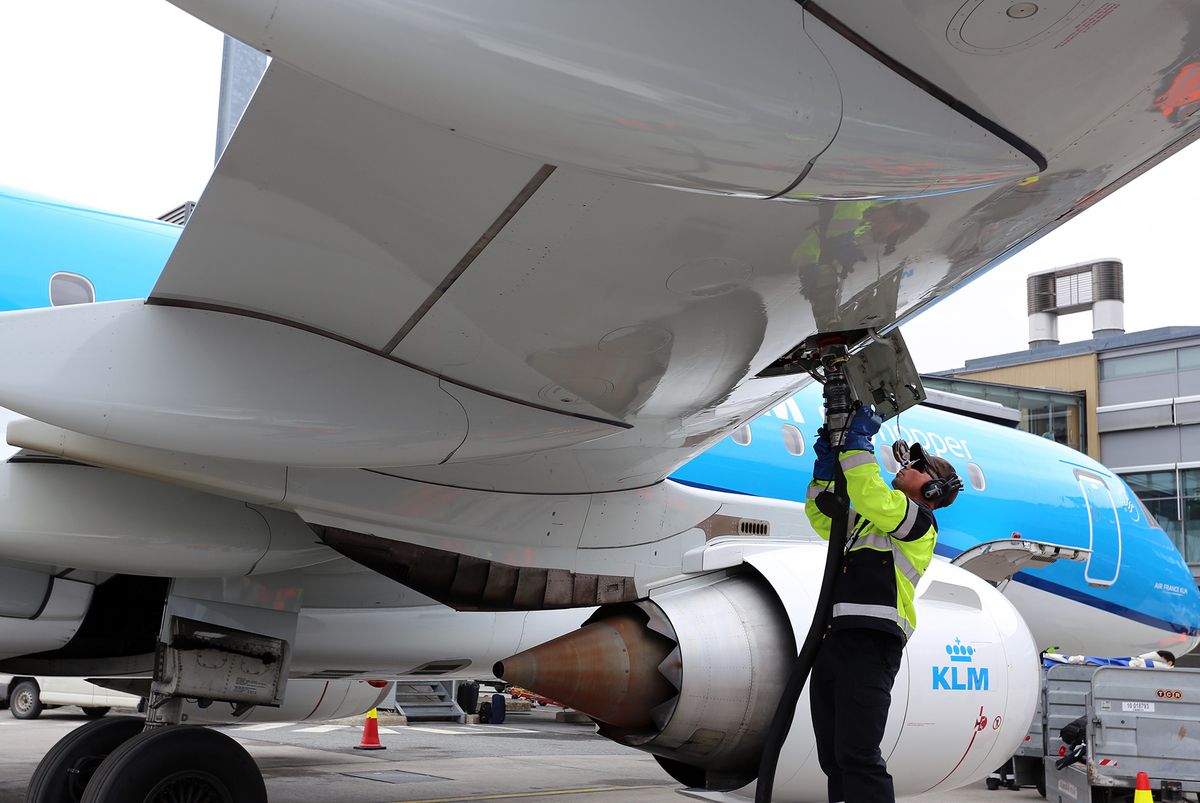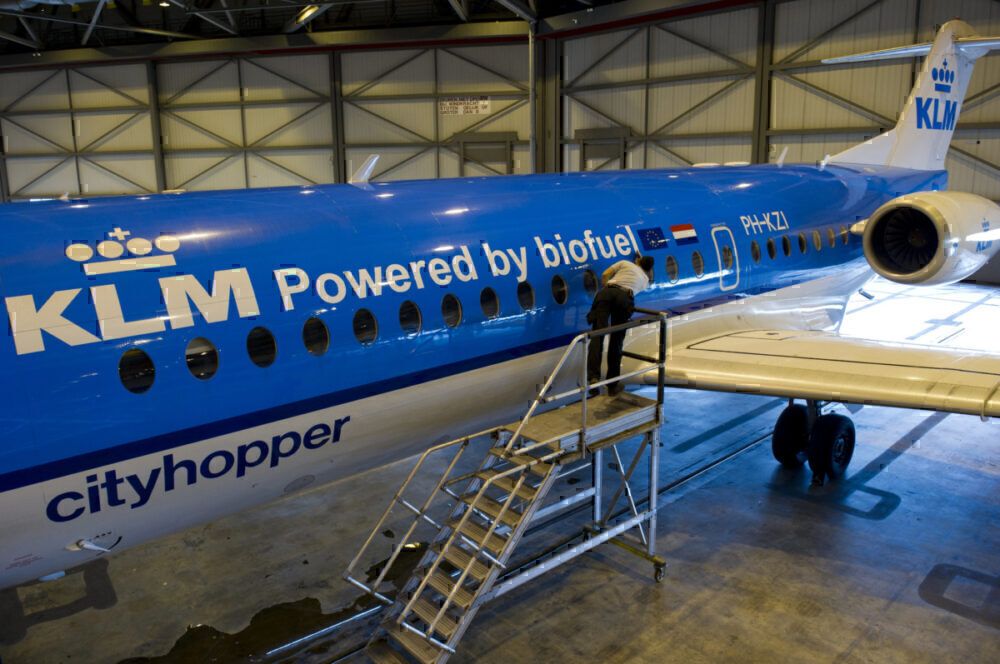Air France-KLM Cargo has launched the world's first voluntary carbon reduction scheme for airfreight. In a statement released Monday, the operator said it believes investments into the program would help scale up the sustainable aviation fuel market, contributing to a cleaner future for air transport. The news comes just a little over a week after Lufthansa's first-ever carbon-neutral cargo flight.
A world-first initiative
On Monday, Air France-KLM‘s Martinair Cargo announced that it is launching the world's first sustainable aviation fuel (SAF) program for the airfreight industry. The initiative will allow shippers and forwarders to pay for a share of their flights to be powered by biofuel.
The carrier says that participating in the program will let customers reduce their carbon footprint, as well as demonstrating "great leadership and responsibility" towards a more sustainable future.
“Our commitment to reducing CO₂ emissions is one of the cornerstones of our cargo strategy. The launch of a SAF programme for airfreight is an important step in our ambitious sustainability roadmap for the coming years. I invite all our customers to join us in creating a more sustainable cargo future,” said Adriaan den Heijer, Executive Vice President of Air France-KLM Cargo and Managing Director of Martinair.
Stay informed: Sign up for our daily aviation news digest.
Modeled on an existing program
KLM already operates a very similar scheme for its corporate clients through the KLM Corporate BioFuel program. The intention is for the initiatives to generate more demand for biofuels, thus decreasing the cost of producing them, and in turn, the premium that customers are charged.
SAFs are being touted as the greatest step in reducing emissions in the aviation industry. While much progress has been done over the last couple of years, their availability remains sparse. The more demand is generated, the greater the incentive will be for investment into new production facilities, creating a wider supply.
The race to cargo carbon-neutral
The launch follows close on the heels of Lufthansa's first-ever 100% carbon-neutral flight last Sunday, November 29th. A Boeing 777F aircraft flew from Frankfurt to Shanghai and back partly powered by sustainable aviation fuel.
According to Euronews, the flight also operated on conventional fossil-kerosene jet fuel. However, it was termed "carbon-neutral" as the operators Lufthansa Cargo and DB Schenker say they have offset emissions by investing in reforestation projects. Furthermore, they will use biofuel on other flights to reduce CO2 equaling a return flight to Shanghai.
While one could term them "rival carriers," when it comes to climate change, there are only benefits to be had if competition centers around who can offer the most environmentally conscious product. Hopefully, more carriers will soon follow suit, and it will be a rivalry with positive implications for the planet.
Do you think voluntary schemes like this new initiative from Air France-KLM Cargo will work in increasing the demand for biofuels? Let us know your thoughts in the comments.


